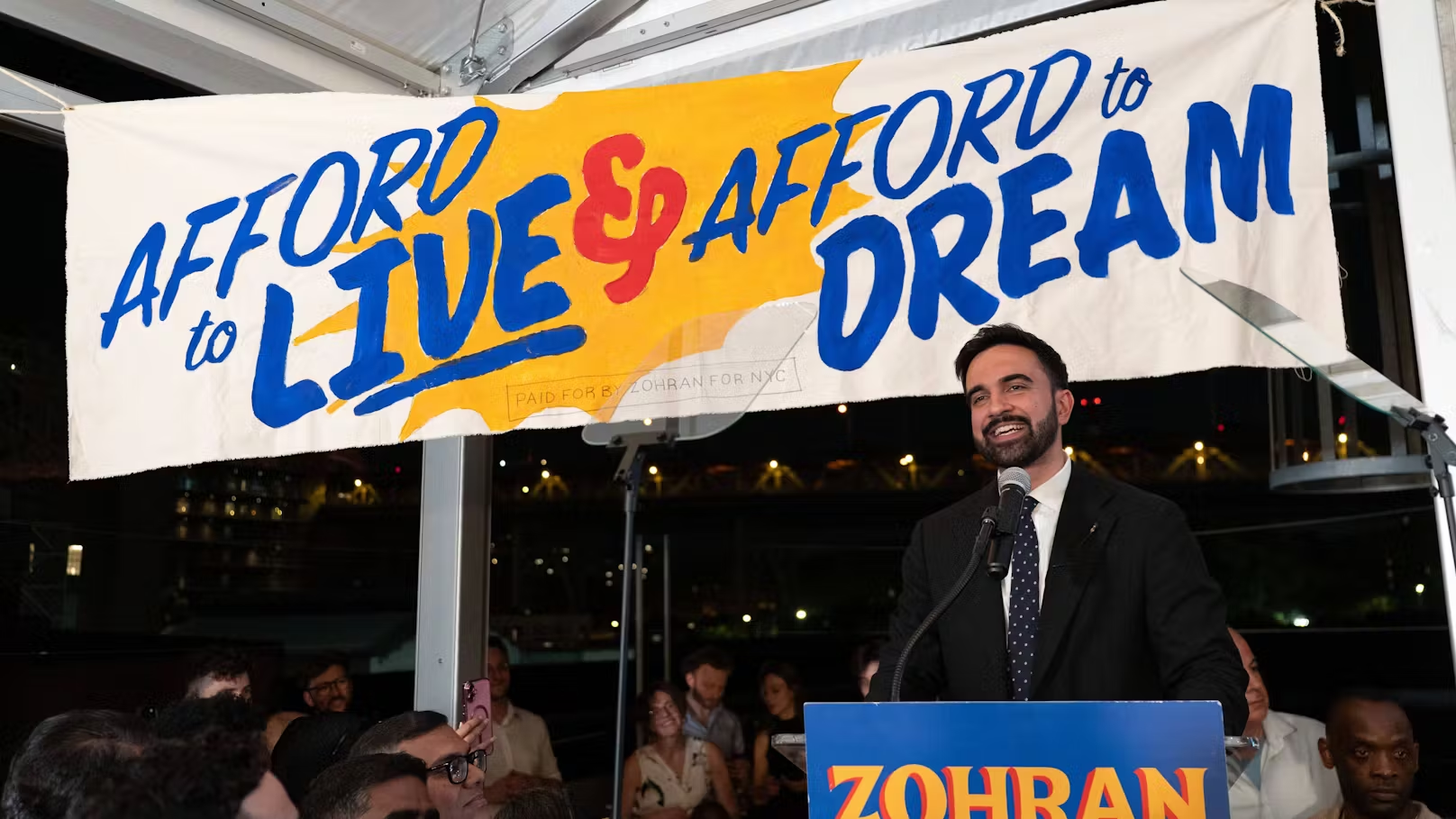
Sophia is a student at Harvard Law School and a member of the Labor and Employment Lab.
In today’s news and commentary, Zohran Mamdani calls on FIFA to end dynamic pricing for the World Cup; the San Francisco Office of Labor Standards Enforcement opens a probe into Scale AI’s labor practices; and union members organize immigration defense trainings.
This week, New York City Mayoral Candidate Zohran Mamdani has introduced a petition calling on the Fédération Internationale de Football Association (FIFA) to meet three demands regarding the 2026 World Cup: 1) scrap its plan to use dynamic pricing for ticket sales; 2) set a price cap on resale tickets; and 3) reserve 15% of tickets at a discounted rate for local New Yorkers. The FIFA World Cup is an international soccer tournament that has occurred almost every four years since its inaugural tournament in 1930, and is slated to come to cities across the United States, Mexico, and Canada next year. One FIFA official stated that ticket prices would start at $60 for the cheapest seats at the earliest round of games and could sell for as high as $6,730 for the priciest tickets at the final match. These prices are merely predictions given that FIFA, for the first time ever, is adopting a dynamic pricing model where ticket prices will fluctuate depending on demand. Dynamic pricing in tandem with a no-cap resale market will likely make attendance further out of reach for many working class New Yorkers.
Scale AI – an American technology company that offers high-quality training data for artificial intelligence applications – is under investigation by the San Francisco Office of Labor Standards Enforcement (OLSE) for its labor practices. The public probe centers on Scale AI’s classification of San Francisco residents who have worked for the company sometime over the past three years as “taskers” or “freelancers” rather than employees. While further details on the investigation are not currently available, OLSE is charged with enforcing sick leave, minimum wage, overtime pay, and other labor laws, which suggests that the Office might be looking into whether the contractor classification is accurate or just a method to avoid the increased employer duties that come with an employee classification.
Since returning to the White House, President Trump has aggressively ramped up U.S. Immigration and Customs Enforcement (ICE) raids in addition to rescinding the Biden-era policy that protected certain areas – such as hospitals, schools, and churches – from immigration enforcement. In response to the surge of raids and heightened fear pervading the lives of many immigrants since January 2020, union members have taken action into their own hands. In Durham, North Carolina, an electrical worker and member of IBEW Local 553 organized an immigrant defense training at his union hall. The event taught attendees how to verify the identity of suspected ICE officials and how to proactively make one’s workplace safer before immigration enforcement even shows up in a training called “4th Amendment Workplaces.”






Daily News & Commentary
Start your day with our roundup of the latest labor developments. See all
February 13
Sex workers in Nevada fight to become the nation’s first to unionize; industry groups push NLRB to establish a more business-friendly test for independent contractor status; and UFCW launches an anti-AI price setting in grocery store campaign.
February 12
Teamsters sue UPS over buyout program; flight attendants and pilots call for leadership change at American Airlines; and Argentina considers major labor reforms despite forceful opposition.
February 11
Hollywood begins negotiations for a new labor agreement with writers and actors; the EEOC launches an investigation into Nike’s DEI programs and potential discrimination against white workers; and Mayor Mamdani circulates a memo regarding the city’s Economic Development Corporation.
February 10
San Francisco teachers walk out; NLRB reverses course on SpaceX; NYC nurses secure tentative agreements.
February 9
FTC argues DEI is anticompetitive collusion, Supreme Court may decide scope of exception to forced arbitration, NJ pauses ABC test rule.
February 8
The Second Circuit rejects a constitutional challenge to the NLRB, pharmacy and lab technicians join a California healthcare strike, and the EEOC defends a single better-paid worker standard in Equal Pay Act suits.